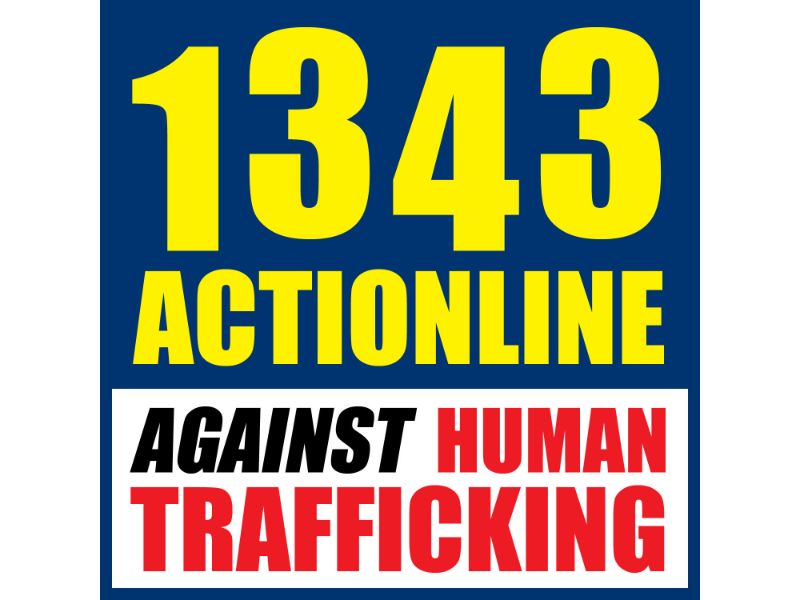After 15 years, the Philippines yesterday announced that it is lifting its ban on “au pairs” for all European countries as it was able to craft improved safety nets and protection policies for Filipinos who will be hired for the job.
An au pair, a French term meaning “on par” or “equal to,” is a temporary domestic assistant working for and living as part of a host family. Au pairs, who are between 18 to 30 years old, unmarried and without children, normally perform house work and child care and receive monetary allowance from their host families. They are placed under a cultural exchange arrangement with a European host family for a maximum stay of two years, unless otherwise allowed by host countries.
The Philippines stopped sending au pairs to Europe in 1997 after the Department of Foreign Affairs received reports of maltreatment, including unfair compensation, excessive working hours, discrimination and sexual assault. In 2010, the ban was lifted for Switzerland, Norway and Denmark.
Foreign Affairs Secretary Albert del Rosario said a strict monitoring system shall be put in place in Philippine embassies and consulates general in Europe for the protection of Filipino au pairs. The DFA will act as the lead agency in formulating policies on the au pair scheme.
The new guidelines were drafted and agreed upon by the ad-hoc technical working group, composed of the DFA, Department of Labor and Employment, Department of Education (DepEd), Bureau of Immigration (BI), Philippine Overseas Employment Administration (POEA), and Commission on Filipinos Overseas (CFO).
Under the guidelines, procedures for the departure of au pairs have been simplified and documentary requirements down to the minimum.
Departing au pairs need only to submit the following to the BI at the port of departure: a contract of engagement duly authenticated by the Philippine embassy or consulate general in the area of destination, valid passport with au pair visa, and a CFO certificate/sticker.
Au pairs need not go through the DoLE or POEA procedures anymore, as they are not considered overseas Filipino workers.
Del Rosario advised prospective au pairs not to go to third party go-betweens since the procedures have been simplified at the least cost for the Filipino au pairs.
He also warned unscrupulous agencies not to exploit the scheme for their nefarious activities, as any infraction will be dealt with severely by the laws of the host countries and those of the Philippines.
Source:http://www.tribuneonline.org/20120223/nation/20120223nat1.html
